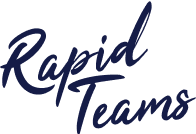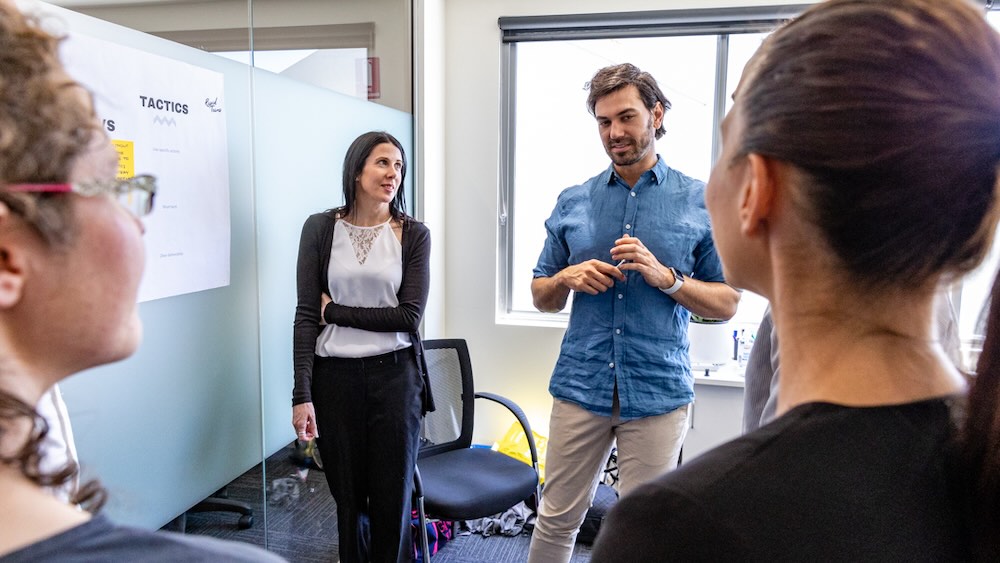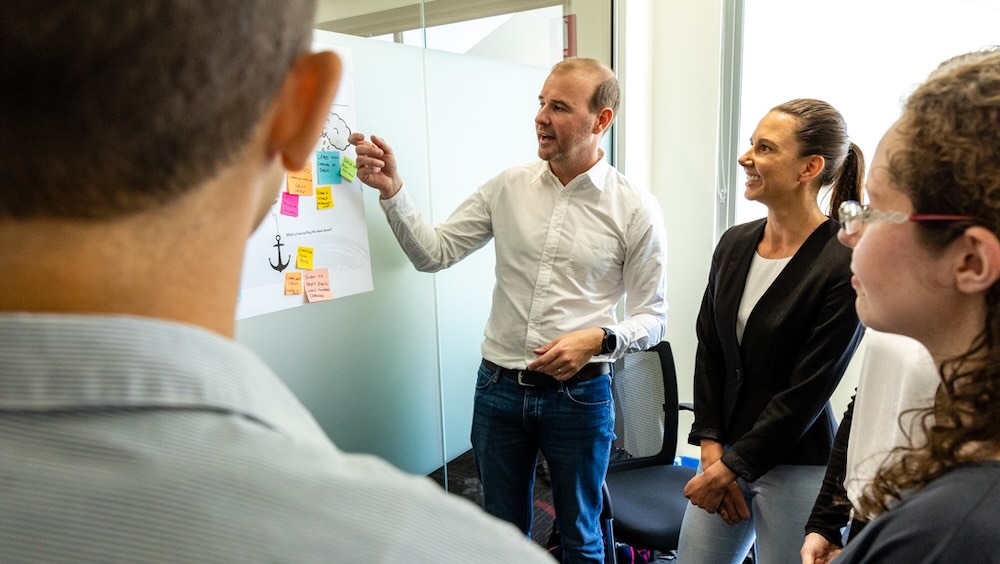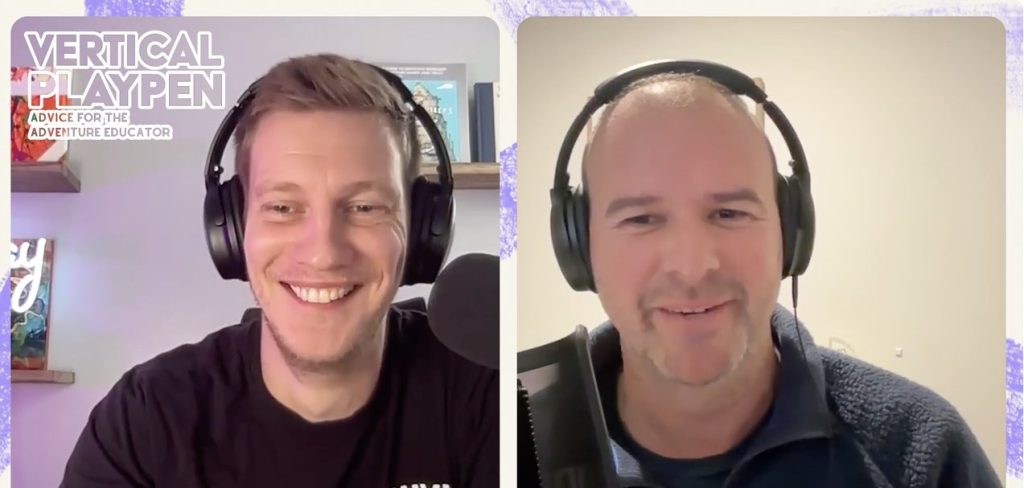Team charters clearly define a team’s mission and goals and promote a strong sense of team alignment.
As WA’s top-rated team building provider, we understand how indispensable team charters are in uniting teams and delivering results.
Here, we’ll cover why team charters are an essential tool to implement and how to develop your own effective team charter.
What Is the Purpose of a Team Charter?
So what is a team charter and why is it important?
A team charter is a document that clearly defines your team’s purpose, what your team stands for, and operating methods. The purpose of a team charter is to promote team alignment and serve as an essential tool for successfully completing projects.
An effective team charter will clearly define:
- Team mission
- Boundaries
- Expectations
- Individual roles and responsibilities
- Project goals
- Shared objectives
- Team structure
- Team focus
- Project budget
- Project timeframe
- Scope of operation
- Conflict resolution strategies
Benefits of a Team Charter
A team charter offers a variety of team-building benefits, including:
- Build team alignment
- Outline clear expectations
- Improve communication among team members
- Offer examples of healthy conflict resolution
- Strengthen team culture
- Unify team members
- Ensure all team members are on the same page
- Promote strong team synergy
- Establish a shared vision
- Build collaboration in the decision making process
- Help the team connect with the company’s core values and purpose
- Promote accountability among team members
- Give team members a clear path to accomplishing objectives
How to Develop a Team Charter
Here is a simple Step-by-Step Guide to creating a team charter in 6 steps.
1. Define Your Team’s Purpose
The first step in developing an effective team charter is defining your team’s purpose and mission.
The goal is to narrow down a clear team mission statement into a single sentence.
Our biggest recommendation is involving your team members as much as possible in the development of the team charter. To begin the brainstorming process, have each team member jot down a few sentences that describe your team’s mission and purpose.
Next, designate a facilitator to read the sentences out loud. From there, continue narrowing down the ideas until a concise mission statement is created. This process is a great bonding opportunity and gets the team involved in the charter process from the start.
Once a mission statement is developed, use it as a basis to define roles and responsibilities. Make sure every objective, deadline, goal, or role aligns with the team’s mission statement.
2. Identify Team Goals
Once a clear mission statement is developed, it is time to decide what defines success for your team.
Consider what defines your team’s success and how it will be measured. Is it staying within budget? Completing the project ahead of the deadline? What are the most important things to accomplish?
This is one of the most important steps of the team charter process as it ensures all team members are on the same page. It’s easy to assume everyone has the same goals but there are different perspectives to consider.
3. Define Roles and Responsibilities
The next step is defining roles and responsibilities within the team. This establishes clear expectations of what aspects of the project each team member will be held accountable for. It also allows everyone to understand not only their individual responsibilities but what other team members will be contributing.
When defining team roles, consider:
- How will the team be structured?
- Who will be team leaders?
- Who team members report to?
- Who decides on meeting times and agendas?
- Clear responsibilities for each role?
- What does each role need to accomplish?
4. Establish Communication and Conflict Resolution
Strong communication is one of the biggest factors in successful project completion. As part of an effective team charter, we recommend identifying how team members will communicate and solve conflicts.
Clear, respectful communication is an important way to prevent miscommunication and conflicts. If conflicts do arise, discuss conflict resolution strategies your team will rely on.
Conflict resolution strategies to consider adding to your team charter include:
- Address and resolve conflicts early rather than letting problems go ignored
- Work together as a team to find solutions
- Discuss conflicts openly
- Practice active listening
- Empathise with your teamworker’s perspectives, even when they are different.
- Be willing to negotiate and compromise to reach solutions
- Use problem-solving to identify solutions that are beneficial for all parties
- When a solution is implemented, always follow up to make sure the conflict was successfully resolved
5. Set Team Norms
Get your team involved in developing a basic set of ground rules for the team charter. Team norms can be a simple list of ground rules that emphasise your team values.
Example team norms include:
- Treat your team members with respect
- Treat others as you want to be treated
- Treat team members, managers, and customers equally
- Criticism must be constructive
- Recognise the value of diverse perspectives
- Be adaptable and open to change
- Support each other by celebrating each other’s accomplishments
6. Finalise and Review
To finalise your team charter, have team members review the document. Provide a space where each team member can sign the team charter once everyone agrees on it. This signature acts as a symbol of their commitment to the team charter.
Key Team Charter Questions
When developing a team charter, we’ve found the right questions can make the creation process easier.
Here are some essential team charter questions to help you clearly define goals, guide your team, and provide tangible tools for achieving project success:
- What values and characteristics define our team?
- Who is the team accountable to?
- What is our number one outcome and how will we measure it?
- What strengths do individual members bring to the team?
- What are the expectations of the team as a whole and as individuals?
- What unique perspectives does each team member bring to the group?
- How will the team communicate information between members?
- How often will our team meet?
- Who is in charge of managing the agenda?
- What conflict management strategies will we utilise?
- What expectations do we have of each other?
- Have we clearly defined our roles?
- Have we considered the perspectives of all team members?
- How will we hold ourselves accountable to our team charter?
- Who will make the final call on decisions?
- How will we monitor our progress?
- What areas are our team strengths? What areas do we need to improve on as a team?
- Do we anticipate any obstacles as we strive to meet our project goals?
Implementing and Maintaining a Team Charter
Here are tips for implementing and maintaining a team charter:
- Display the team charter in a visible place so team members can easily reference it
- View the team charter as a living document and make sure to reassess it regularly and update it if needed – this is especially important during transitional periods in the company or when new team members join
- As part of the review process, be sure to prioritise team feedback
We recommend a quarterly review for your team charter. To continue building team unity, make sure to involve team members in the review. Schedule a meeting to go over feedback from team members and discuss any suggestions for changes. A team charter review is also recommended any time there is a switch in roles or new team members.
Ready to Develop an Effective Team Charter?
Well-planned team charters are an essential component of a successful project.
Whether your team needs to strengthen their communication skills, improve team alignment, or clarify goals, our Ways of Working Workshop was developed to help build high-performing teams.
Our Ways of Working Workshop includes an online team DiSC assessment and a half or full day workshop where your team can learn to put their new skills into practice.
If you’re looking to give your team the tools they need to go from ‘good’ to ‘exceptional’, inquire today about our Ways of Working program.








